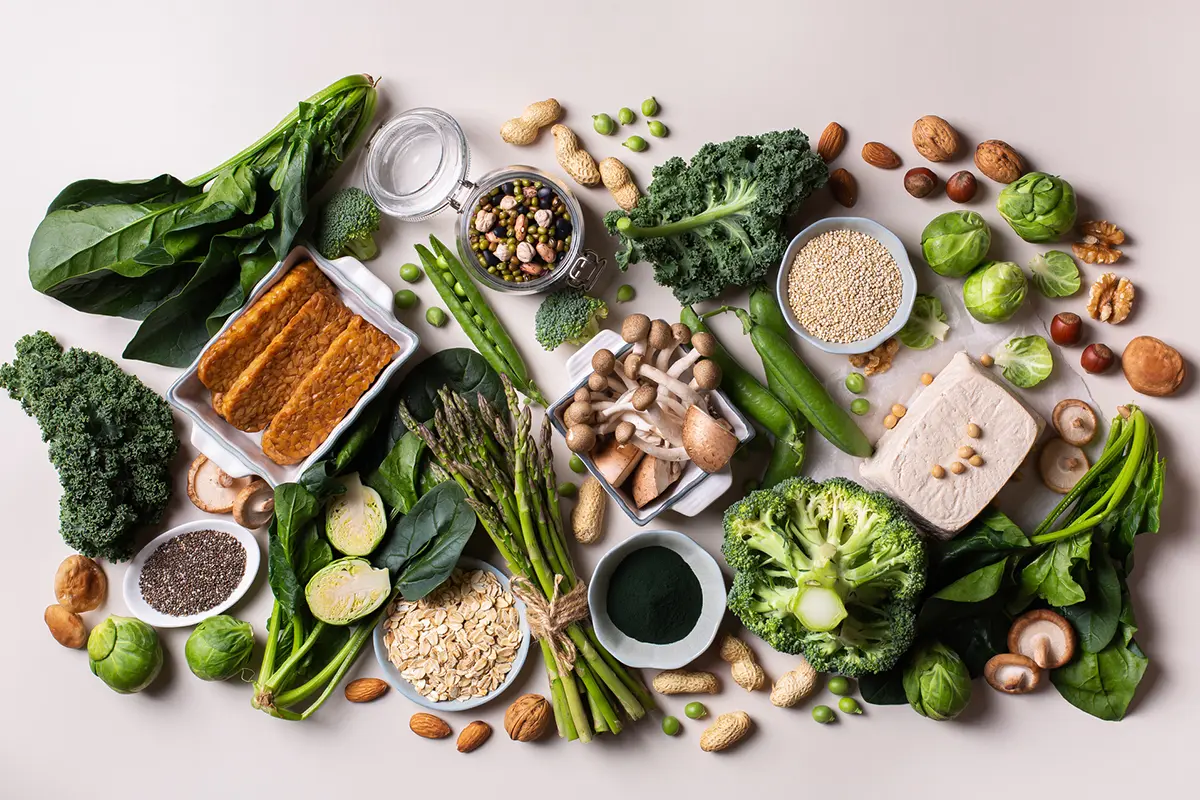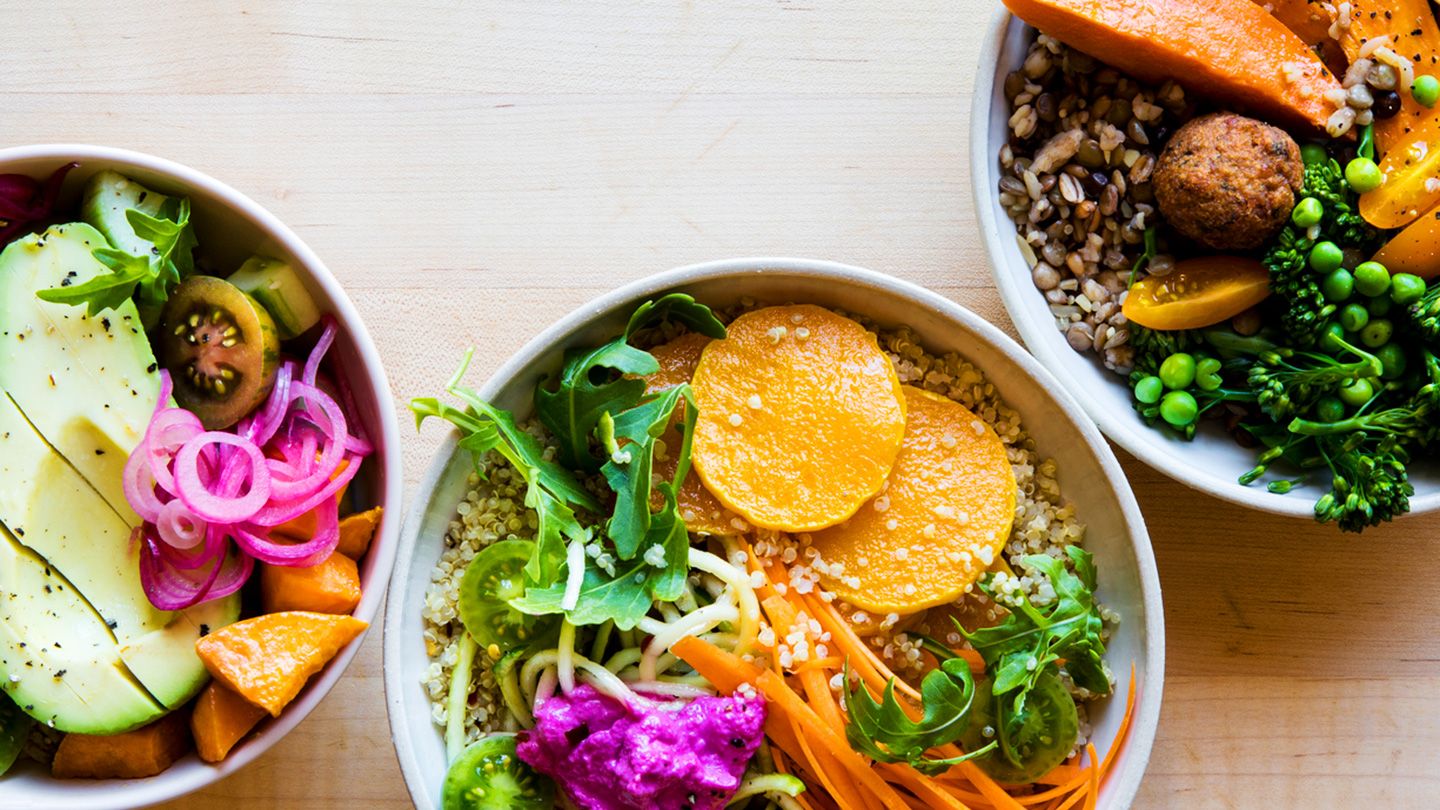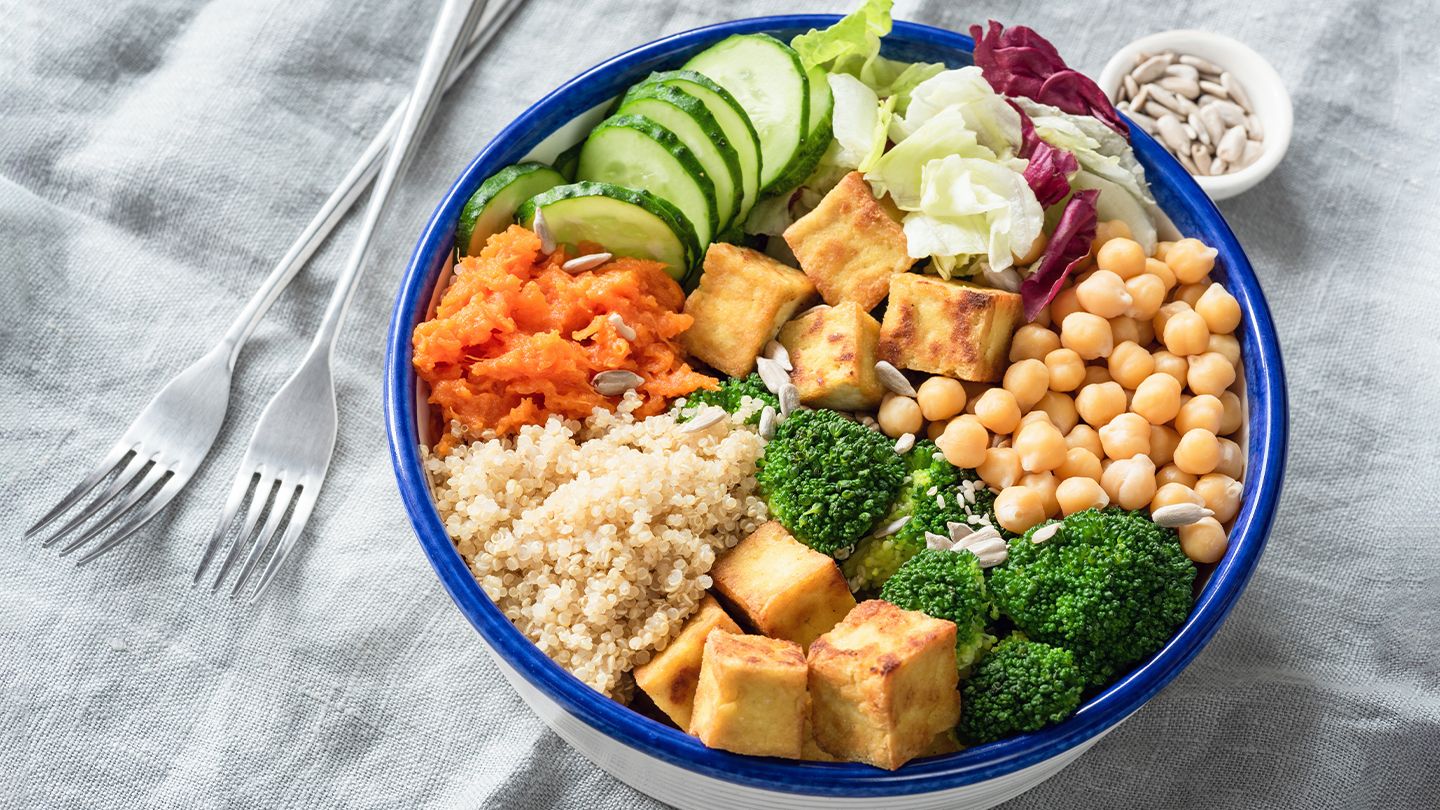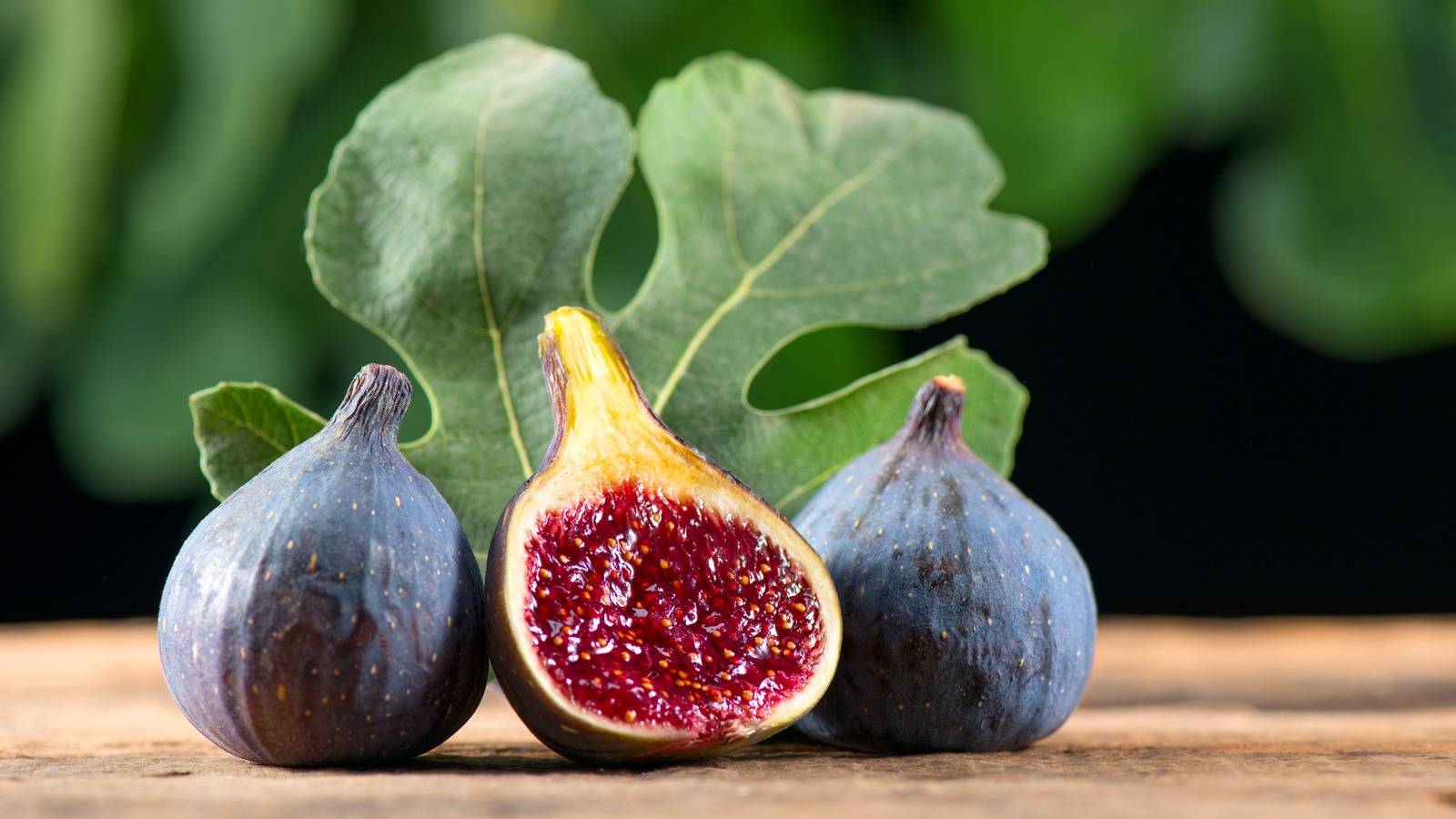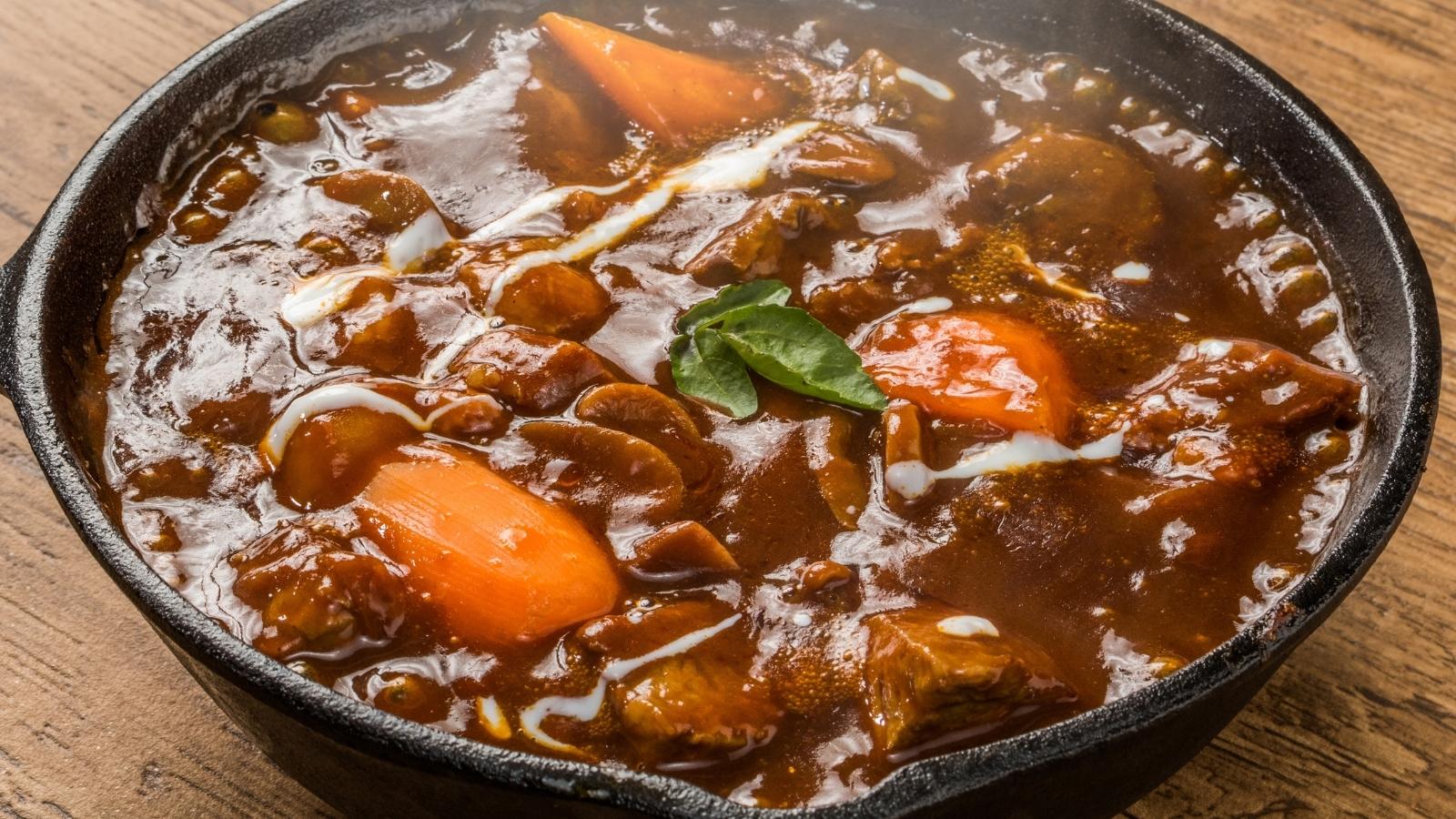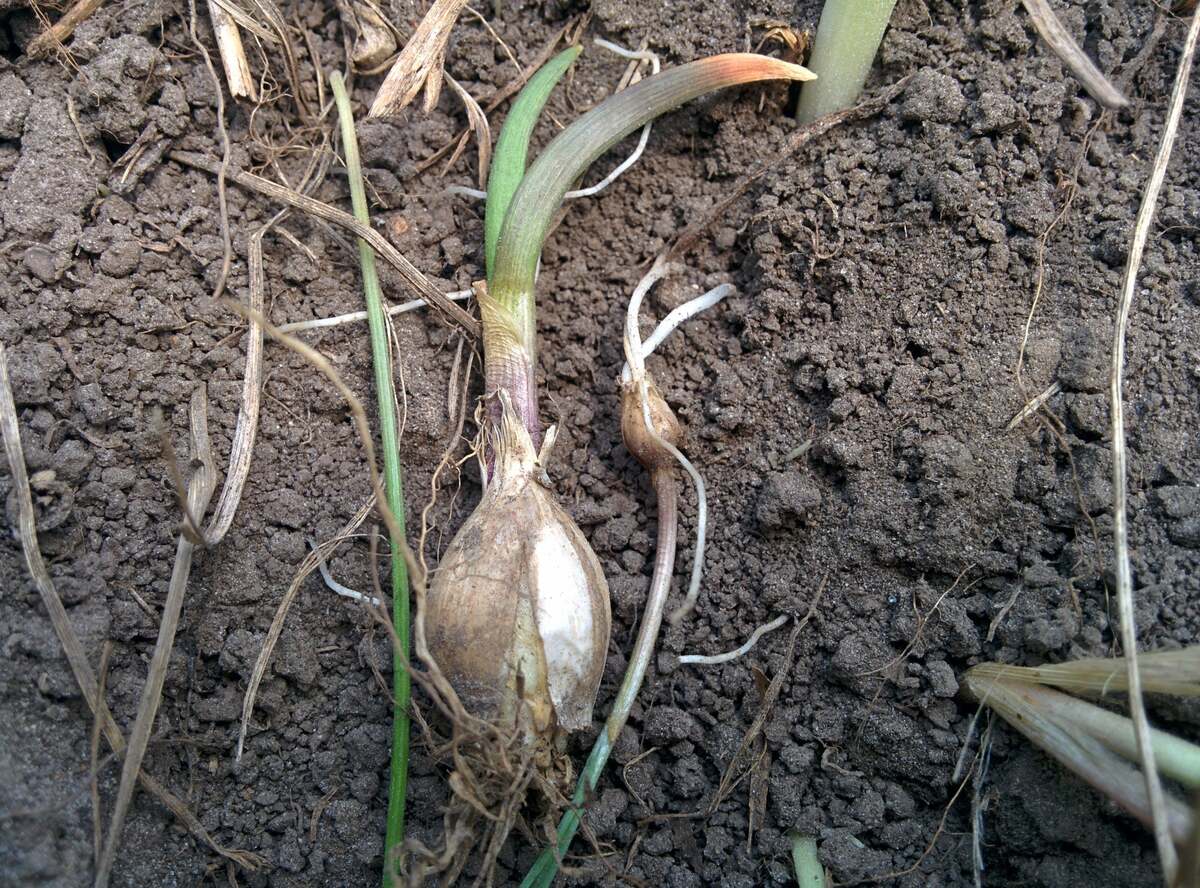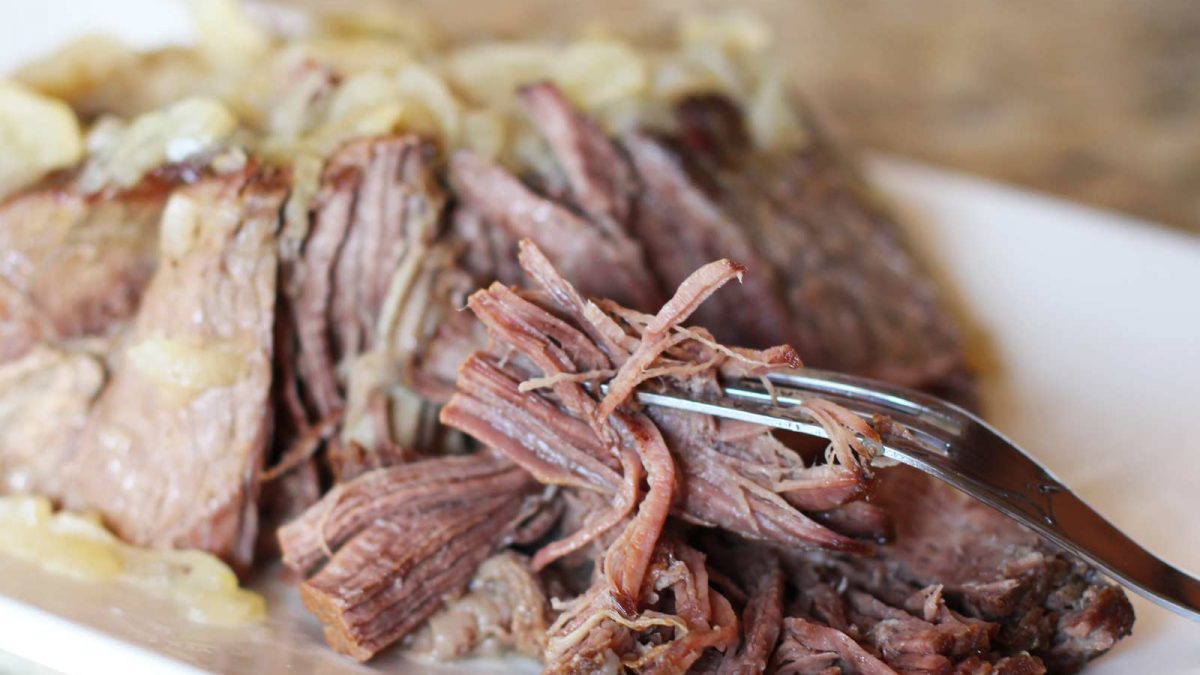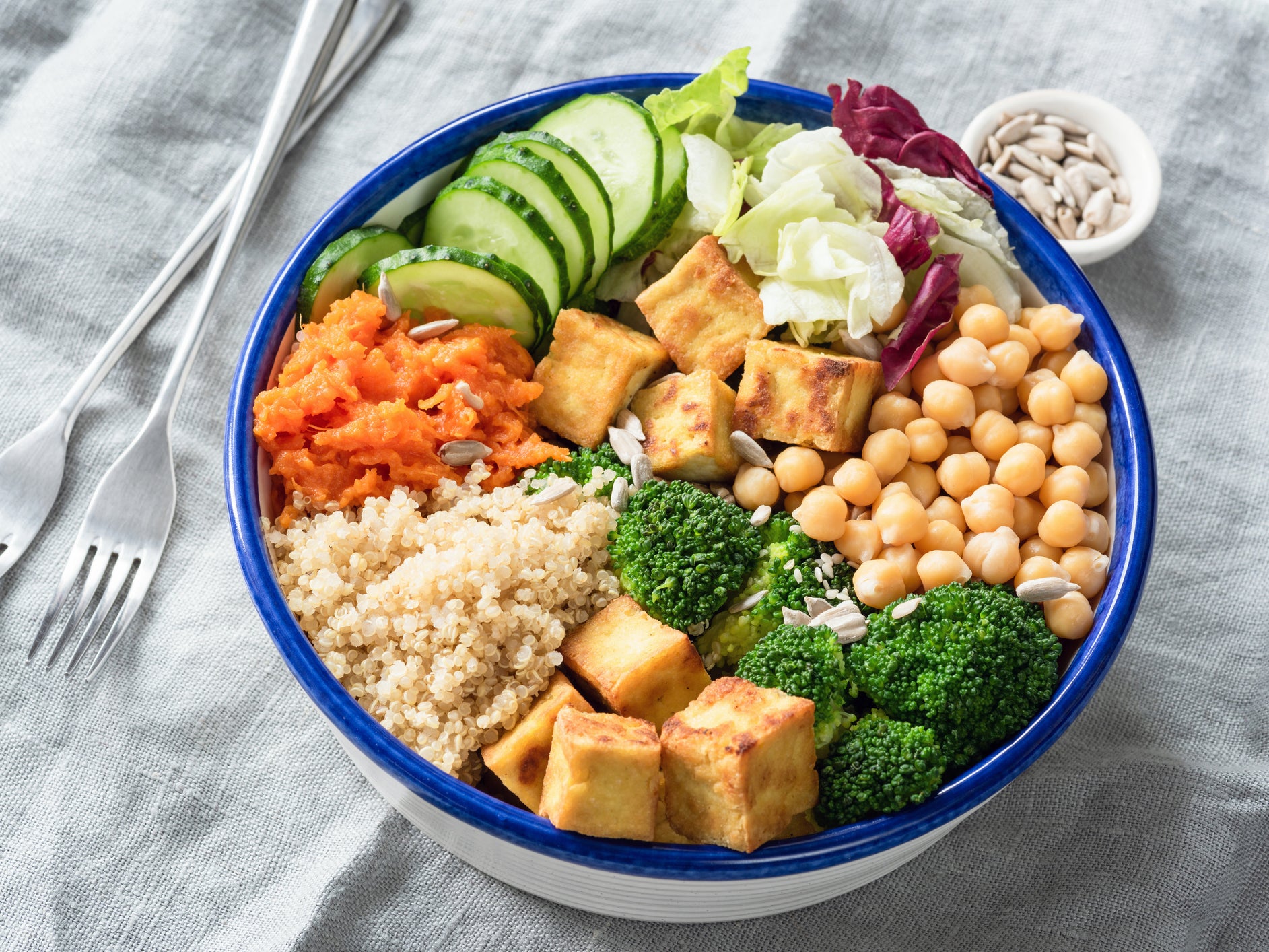The Best Vegan Calcium Sources
If you’re following a vegan diet, you may have concerns about getting enough calcium since dairy products, such as milk and cheese, are often the go-to sources for this essential mineral. However, you’ll be glad to know that there are plenty of fantastic vegan-friendly calcium sources that can help meet your nutritional needs. Let’s explore some of the best options:
1. Leafy Greens
Leafy greens like kale, spinach, collard greens, and bok choy are not only packed with vitamins and minerals but are also excellent sources of calcium. Just one cup of cooked kale contains around 180 mg of calcium. You can enjoy these greens in salads, smoothies, or stir-fries to boost your calcium intake.
2. Fortified Plant Milk
Plant-based milk alternatives, such as soy milk, almond milk, and oat milk, are often fortified with calcium and other nutrients. Check the labels and opt for brands that provide at least 20% of the daily recommended intake of calcium. These milk alternatives can be consumed as a refreshing beverage, poured over cereal, or used in your favorite recipes.
3. Tofu and Tempeh
Tofu and tempeh, which are made from soybeans, are versatile and nutritious sources of calcium. In addition to being calcium-rich, they are also great sources of protein. Incorporate tofu into stir-fries, soups, or scramble it for a tasty breakfast option. Tempeh can be grilled, baked, or crumbled as a substitute for ground meat in various dishes.
4. Sesame Seeds
Sesame seeds are a tiny powerhouse of nutrients, including calcium. Just one tablespoon of sesame seeds contains around 88 mg of calcium. They can be sprinkled over salads, added to baked goods, or used as a topping for stir-fries. You can also enjoy tahini, a paste made from sesame seeds, in dressings, dips, or as a spread.
5. Almonds
Almonds not only provide healthy fats but are also a good source of calcium. A quarter cup of almonds contains approximately 95 mg of calcium. They can be enjoyed as a snack, added to trail mixes, or used as a crunchy topping for salads and stir-fries.
6. Chia Seeds
Chia seeds are tiny nutritional powerhouses packed with fiber, omega-3 fatty acids, and calcium. Two tablespoons of chia seeds offer around 177 mg of calcium. These seeds can be added to smoothies, puddings, oatmeal, or used as an egg substitute in vegan baking.
Remember to diversify your diet and incorporate a combination of these calcium-rich vegan foods to ensure you’re meeting your nutritional needs. If you have concerns about your calcium intake, consult with a registered dietitian or healthcare professional for personalized guidance.
Embracing a vegan lifestyle doesn’t mean compromising your calcium intake. With these delicious and nutritious options, you can enjoy a well-rounded diet that supports your overall health and promotes strong bones.
